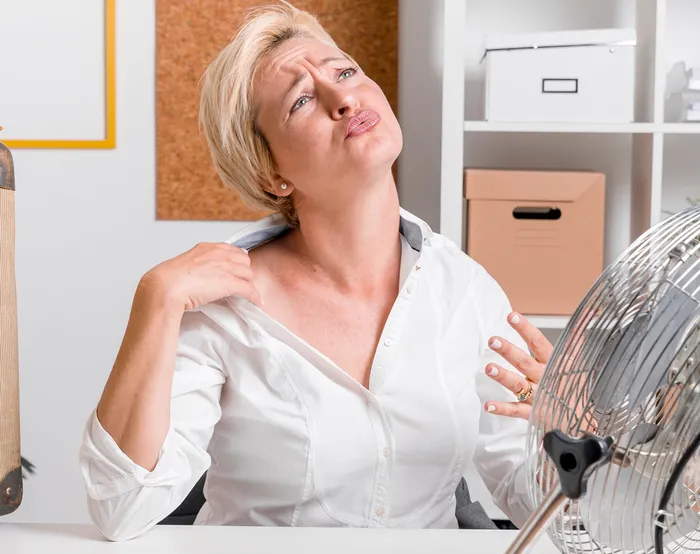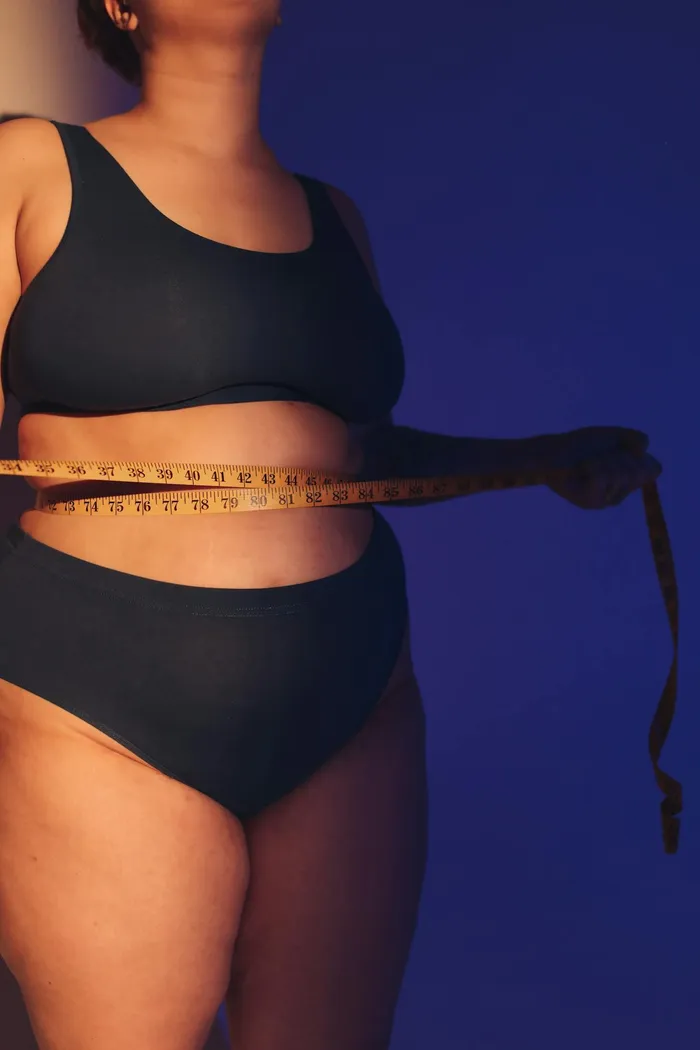How alcohol affects women during menopause

A woman tastes a merlot in the tasting room of La Motte wine farm in Franschhoek. Picture: EPA Alcohol can worsen the issues women face during menopause.
Image: Archives
Menopause is a major life change marked by significant hormonal shifts that affect a woman’s body physically, emotionally, and psychologically.
As estrogen and progesterone levels decline, women may experience hot flashes, mood swings, insomnia, weight gain, and a higher risk of conditions like osteoporosis and cardiovascular disease.
One often overlooked factor that can significantly impact this stage of life is alcohol consumption.
“Alcohol can exacerbate many of the issues women face during menopause,” says Robert Goldfarb, M.D., an obstetrician and gynaecologist at Henry Ford Health.
While moderate drinking is often socially accepted, alcohol can interact with the symptoms and health challenges of menopause in ways that many women are unaware of.
Here's a closer look at how alcohol affects women during menopause.
Worsening of menopausal symptoms
Many women report that alcohol exacerbates common menopausal symptoms.
Hot flashes: Alcohol, especially red wine and spirits, can dilate blood vessels and trigger or intensify hot flashes and night sweats.
"A lot of women have different triggers, and for some, alcohol may trigger their symptoms. They may naturally avoid alcohol because they noticed that their hot flashes and night sweats get worse," says Juliana Kling, M.D., Women's Health Specialist.
Sleep disturbances: While alcohol may initially help with falling asleep, it disrupts sleep cycles, particularly REM sleep. Women going through menopause are already prone to insomnia and night waking, and alcohol can make this worse.
Mood swings and anxiety: Alcohol can affect neurotransmitters like serotonin and dopamine, leading to mood instability. For women already experiencing mood swings or anxiety due to menopause, alcohol can amplify emotional volatility.

Alcohol can dilate blood vessels and trigger or intensify hot flashes and night sweats.
Image: Freepik
Increased health risks
Menopause increases a woman’s risk for several chronic conditions, and alcohol can add to this risk.
Osteoporosis: Estrogen helps maintain bone density, and its decline in menopause puts women at risk of osteoporosis. Alcohol interferes with calcium absorption and bone formation, further increasing this risk.
Heart disease: Postmenopausal women are more susceptible to heart disease due to changing cholesterol levels and blood pressure. Heavy drinking raises blood pressure and can contribute to heart arrhythmias.
Breast cancer: Studies show a strong link between alcohol consumption and increased breast cancer risk. Even light to moderate drinking has been associated with a higher risk, particularly in postmenopausal women.
Weight gain
Weight gain is common during menopause, often due to a slower metabolism and hormonal changes.
Alcohol is high in empty calories and can contribute significantly to increased body fat, particularly around the abdomen.
It also stimulates appetite and reduces inhibitions, leading to overeating.

Weight gain is common during menopause.
Image: Polina Tankilevitch / Pexels
Medication interactions
Many women take hormone replacement therapy (HRT), antidepressants, or sleep aids during menopause.
Alcohol can interfere with these medications, reducing their effectiveness or increasing side effects like drowsiness, dizziness, and liver strain.
Cape Argus